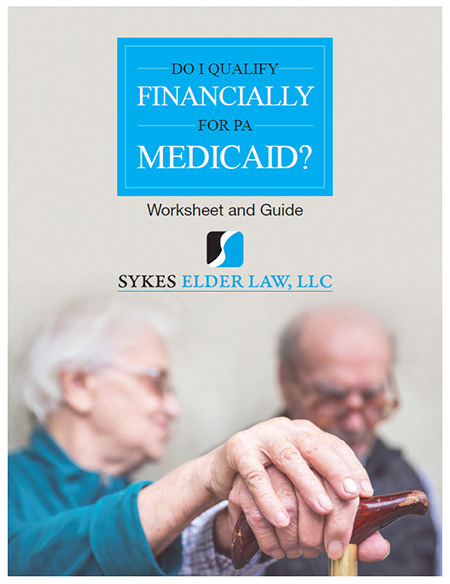You may be surprised to learn that Pennsylvania law provides that the spouse, parent, or child of an indigent person has “the responsibility to care for and maintain or financially assist” that person, and that this responsibility applies “regardless of whether the indigent person is a public charge.”
(There are two exceptions. A child is not liable for support of a parent who abandoned the child for 10 years while the child was a minor. No person is liable under this law if there is a financial inability to pay support.)
Before you panic, though, keep in mind that the state of Pennsylvania does not generally bring support actions against family members whose relatives have run out of money and qualify for benefits. (Whether the law would even be enforceable for that purpose is questionable.) Medicaid, veterans benefits, and other public benefits regularly assist in paying for long term care for seniors who lack the ability to pay.
But Pennsylvania’s support law has been used by nursing homes and assisted living facilities to hold family members responsible for the cost of care in certain circumstances.
One important factor is whether Mom or Dad reside in a nursing facility that is certified to receive Medicare or Medicaid reimbursement. Under the federal Nursing Home Reform Act, such a facility may not require someone other than the resident (such as a family member) to guarantee payment. A facility may require someone who has access to the resident’s income or resources to sign a contract to make payment from the resident’s assets, but such a person incurs no personal financial liability.
Facilities that are not certified for Medicare or Medicaid, such as personal care or assisted living facilities, have successfully sought payment from family members. In 2009, for example, Allegheny County Judge Stanton Wettick allowed an assisted living facility to bring a lawsuit against a son of one of its residents for payment under Pennsylvania’s support law. (To read opinion, click here and find page 284.)
Another important factor is whether a family member has signed any kind of agreement to be a “responsible party” (or some similar term) for payment. Such agreements are not always enforced by the courts, but facilities sometimes use them to insist on payment from the signer.
When helping a relative with admission to a long term care facility, be sure you understand your possible liability to help make payments. An elder law attorney can help you review admission contracts and discuss the financial responsibility you may incur.





